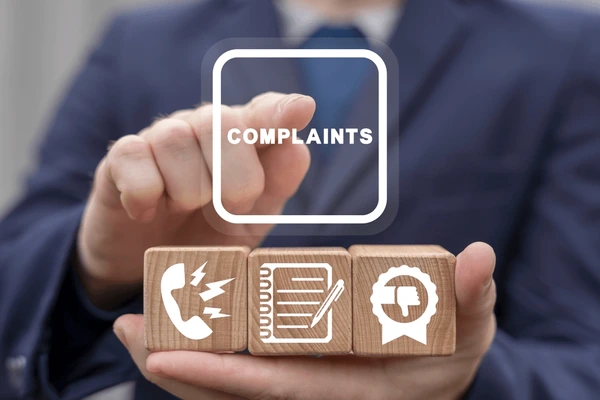Complaints & Appeals
Understanding the Process
HQAI is committed to maintaining the highest standards of quality assurance. We welcome feedback and are open to addressing concerns or disagreements. Our processes are underpinned by guiding principles, including impartiality, confidentiality, safety and well-being. To ensure fairness and transparency, we have established clear processes for appeals, complaints and third-party observations of interest (TPOI).
3 things you should read before filing a disagreement
Is it an Appeal?
An appeal is a formal contestation by an audited organisation against the quality assurance decision made by HQAI. An appeal is filed by the organisation directly concerned with the quality assurance decision. A quality assurance decision refers to one or more of the following:
i) Refusal by HQAI to accept an application
ii) Refusal by HQAI to proceed with an assessment
iii) Corrective action requests or identified weaknesses arising from an audit
iv) Changes in audit scope
v) Decisions to deny, suspend or withdraw certification, or decisions that levels of compliance with other regulations are not attained
vi) Any other action that impedes the attainment of certification or independent verification
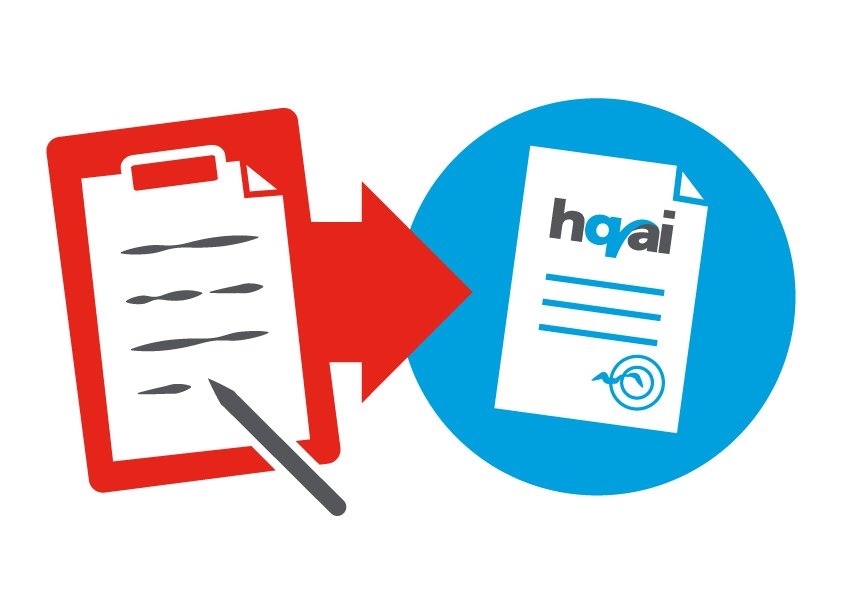
Is it a Complaint?
A complaint is a formal report about a perceived or real issue raised by an individual, group, organisation, or community. It indicates a level of dissatisfaction, discontent, or concern with the conduct or behaviour of HQAI staff, contracted personnel (including auditors), interns, volunteers, and members of HQAI governance bodies.
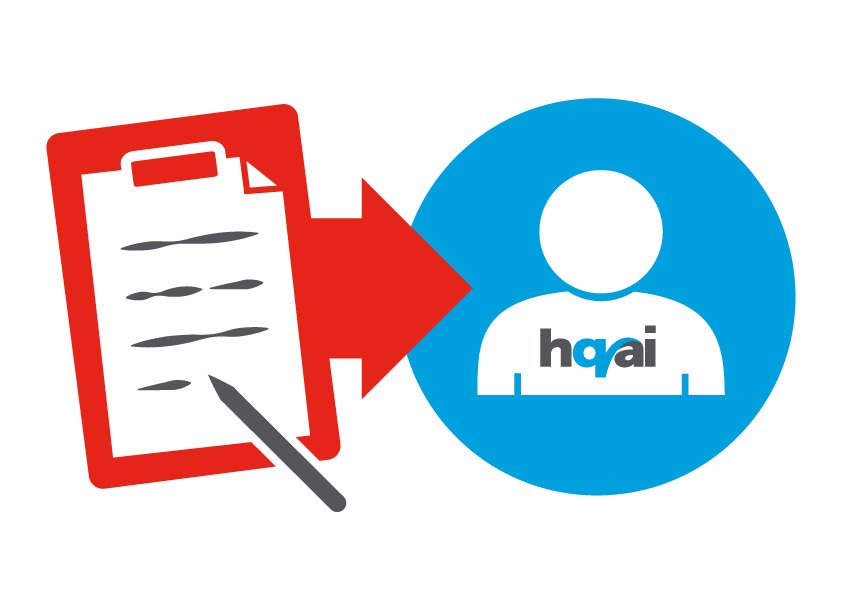
Is it a Third-Party Observation of Interest (TPOI)?
A TPOI is a complaint from an individual, group, organisation or community about the activities of an organisation audited by HQAI, or the conduct of that organisation’s personnel.
It is of interest to HQAI because it might be deemed sufficiently relevant to be considered indirectly as part of the audit process.
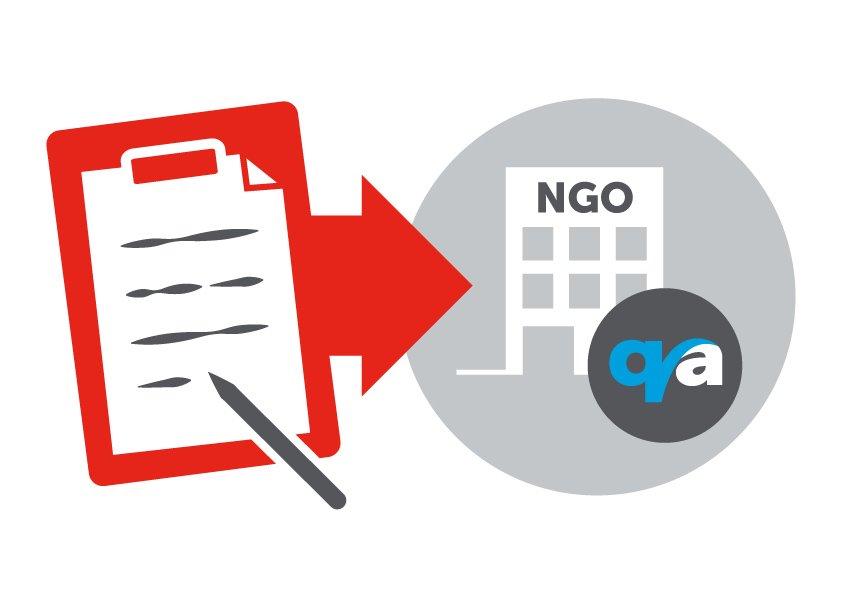
The Appeals Process In A Nutshell
Who can appeal? Organisations that disagree with a quality assurance decision can appeal.
How to appeal?
- Submit a written appeal within 14 working days of receiving the final audit outcome or the decision you are appealing against.
- Clearly explain the reasons for the appeal based on the specific decision made.
- Send the appeal to HQAI's Executive Director at appeals@hqai.org.

Important points:
- There is usually no cost to appeal. If there is a cost, the ACB will inform the appellant about the amount before incurring the cost.
- The appeal is sent to HQAI’s Executive Director but handled by the Advisory and Complaints Board.
- The ACB's decision is final.
- HQAI will use the appeal process to improve its services.
The Complaints Process In A Nutshell
Who can complain? External stakeholders can complain about the behaviour or conduct of HQAI staff, contractors (including auditors), interns, volunteers, or governance body members.
How to complain?
- Report the issue to HQAI using the designated channels below.
- Provide details about the complaint, including who was involved, when it happened, and what occurred.
HQAI offers the following confidential channels:
- Calling our telephone line: +41 (0)22 566 1399
- Emailing us at complaints@hqai.org
- If your complaint or internal grievance is serious and involves a safeguarding issue, you can also contact HQAI's Safeguarding Focal Point at safeguarding@hqai.org
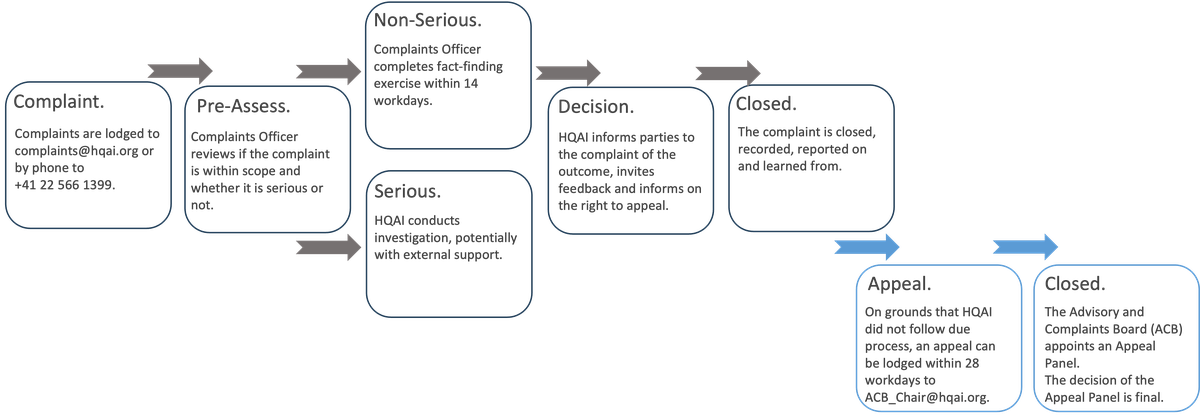
Important points:
- There is usually no cost to file a complaint.
- Serious complaints may require a more comprehensive investigation.
- HQAI internal grievances and Third-Party Observations of Interest (observations about the work of an organisation audited by HQAI ) are out of scope and handled separately.
- HQAI will use the complaints process to improve its services.
Frivolous, Malicious and Vexatious Complaints
HQAI may not consider complaints that are deemed frivolous, malicious, or vexatious and may pursue legal action or seek payment for costs incurred.
The TPOI Process In A Nutshell
Who can file a TPOI? External stakeholders can file a TPOI about about the activities of an organisation audited by HQAI, or the conduct of that organisation’s personnel.
How to submit a TPOI?
- Submit the issue to HQAI using the designated channels below.
- Provide details about the case, including the name of the organisation or individuals the TPOI is about and how the concern relates to the quality assurance work of HQAI .
HQAI accepts TPOIs though its complaint channels:
- Calling our telephone line: +41 (0)22 566 1399
- Emailing us at complaints@hqai.org
- OR via bilateral communication to an HQAI auditor or staff member.
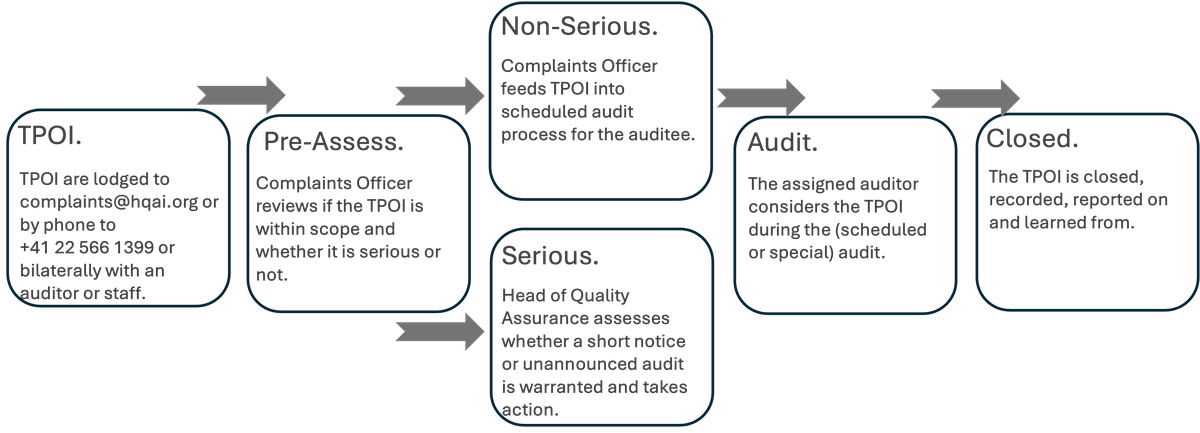
Important points:
- It is important to note that HQAI neither has the mandate nor resources to investigate TPOI related to the work of auditees.
- However, HQAI considers TPOI potentially relevant and may take them into account indirectly within the audit process, as described in PRO047).
- TPOI are not dealt with through systematic feedback loops with complainants. HQAI will only reach out to complainants if deemed necessary.

Without impartiality, we can't be fair. Impartiality is really at the centre.
Gerrit Marais, Ex-Chair of ACB, February 2024
Complaints are welcome
